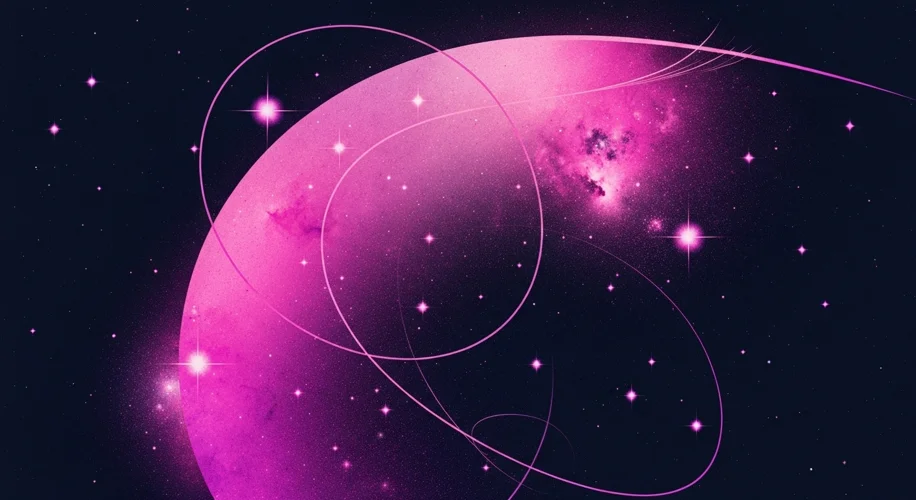The Universe Just Got a Lot Weirder
As a science enthusiast, I’m always eager to see what the James Webb Space Telescope (JWST) uncovers. It’s like having a front-row seat to the universe’s biggest secrets. But a recent finding has sent a ripple of something more than just excitement through the scientific community – it’s bordering on existential panic.
What Webb Found
JWST has apparently spotted what appears to be a black hole that’s not just a gravitational titan, but something more akin to a cosmic trap. We’re talking about a phenomenon that challenges our current understanding of how these celestial behemoths operate and how they influence the fabric of spacetime around them.
Did you know that black holes aren’t just empty voids? They are regions where gravity is so intense that nothing, not even light, can escape. This new discovery, however, suggests a level of interaction or a characteristic that goes beyond this basic understanding. Imagine a cosmic anglerfish, using its gravity not just to consume, but perhaps to actively draw things into its inescapable grasp in a way we hadn’t predicted.
Why the Panic?
This isn’t about a Hollywood-style doomsday scenario, but rather a profound shift in our cosmic perspective. When we discover something that fundamentally questions our models, it forces us to re-evaluate everything we thought we knew. It highlights just how much we don’t know about the universe.
Think about it: if our understanding of even something as fundamental as a black hole’s behavior needs a major revision, what else are we missing? It touches on those deep, perhaps uncomfortable, questions about our place in the cosmos. Are there forces or phenomena at play that we are utterly unaware of, forces that could, in theory, pose a threat?
In my experience as a scientist, confronting the unknown is both exhilarating and humbling. It’s a reminder that the universe is vast and complex, far beyond our current comprehension. This JWST discovery is a perfect example of that. It’s not just another data point; it’s a signpost pointing towards a universe that might be far stranger and more unpredictable than we ever imagined.
Looking Ahead
What does this mean for us? For now, it means more research, more questions, and a renewed sense of wonder – perhaps tinged with a healthy dose of cosmic awe. Scientists will be poring over this data, refining their theories, and looking for similar phenomena. It’s a testament to the power of tools like the Webb Telescope, which are pushing the boundaries of our knowledge.
This discovery, while potentially unsettling, is also incredibly exciting. It’s why I’m so passionate about science – it constantly challenges us, forces us to grow, and reminds us that there’s always something new to learn. The universe is full of mysteries, and JWST is helping us uncover them, one mind-bending discovery at a time.

